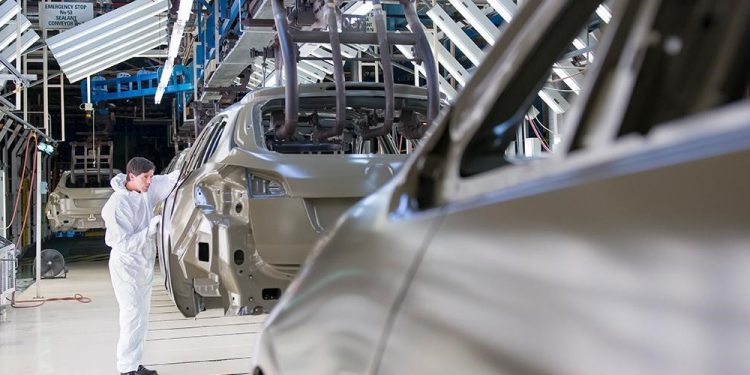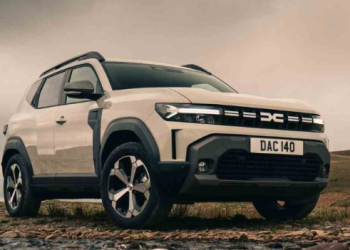The rapid rise of Chinese SUVs in South Africa has stirred concern among local automotive manufacturers, who fear that these competitively priced imports may threaten the future of domestic production. With calls for government intervention growing louder, the debate over how to protect local industry is heating up. This article delves into the factors behind the success of Chinese SUVs and the potential impact on South Africa’s automotive sector.
The Rise of Chinese SUVs in South Africa
Chinese automotive brands have made significant inroads into the South African market, particularly in the SUV segment. Brands like Haval, Chery, and Geely are leading the charge with models that offer affordability, advanced features, and modern designs. This influx of Chinese SUVs is reshaping the local automotive landscape, challenging established players, and capturing a growing share of the market.
Price Advantage and Consumer Appeal
The success of Chinese SUVs can be largely attributed to their competitive pricing. These vehicles are often more affordable than their counterparts from traditional manufacturers, making them attractive to a broad base of South African consumers. Despite the lower price point, Chinese SUVs come equipped with a range of modern features, including advanced infotainment systems, safety technologies, and stylish interiors, offering exceptional value for money.
Impact on South African Automotive Industry
The growing popularity of Chinese SUVs has significant implications for South Africa’s automotive industry. Local manufacturers, who have long held a dominant position in the market, are now facing increased competition from these affordable imports. The shift in consumer preferences towards Chinese models has led to concerns about the sustainability of local production, with potential consequences for employment and economic activity in the sector.
Calls for Policy Intervention
In response to the challenges posed by Chinese SUVs, industry stakeholders are calling on the South African government to implement protective measures. Suggested actions include imposing tariffs on imported vehicles, providing incentives for local manufacturing, and enforcing stricter regulations on vehicle imports. These measures are seen as essential to preserving the competitiveness of South Africa’s automotive industry and protecting domestic jobs.
Economic and Employment Impacts
The rise of Chinese SUVs not only affects local manufacturers but also has broader economic implications. The automotive industry is a key pillar of South Africa’s economy, contributing significantly to GDP and employment. A decline in local manufacturing could lead to job losses and reduced economic activity, particularly in regions where automotive production is a major employer. Protecting this sector is therefore crucial to maintaining economic stability.
Adapting Through Innovation and Quality
To remain competitive in the face of growing competition from Chinese SUVs, local manufacturers must focus on innovation and quality. Investing in research and development, improving vehicle features, and enhancing overall quality can help South African manufacturers differentiate their products from those of their Chinese rivals. By offering unique and superior vehicles, local companies can retain their market share and continue to thrive.
Strategic Recommendations for the Future
The future of South Africa’s automotive industry will depend on how well it adapts to the challenges posed by Chinese SUVs. Local manufacturers need to pursue strategies that include technological innovation, forming strategic partnerships, and advocating for supportive government policies. By taking these steps, the industry can ensure its long-term sustainability and continue to contribute to South Africa’s economic growth.





